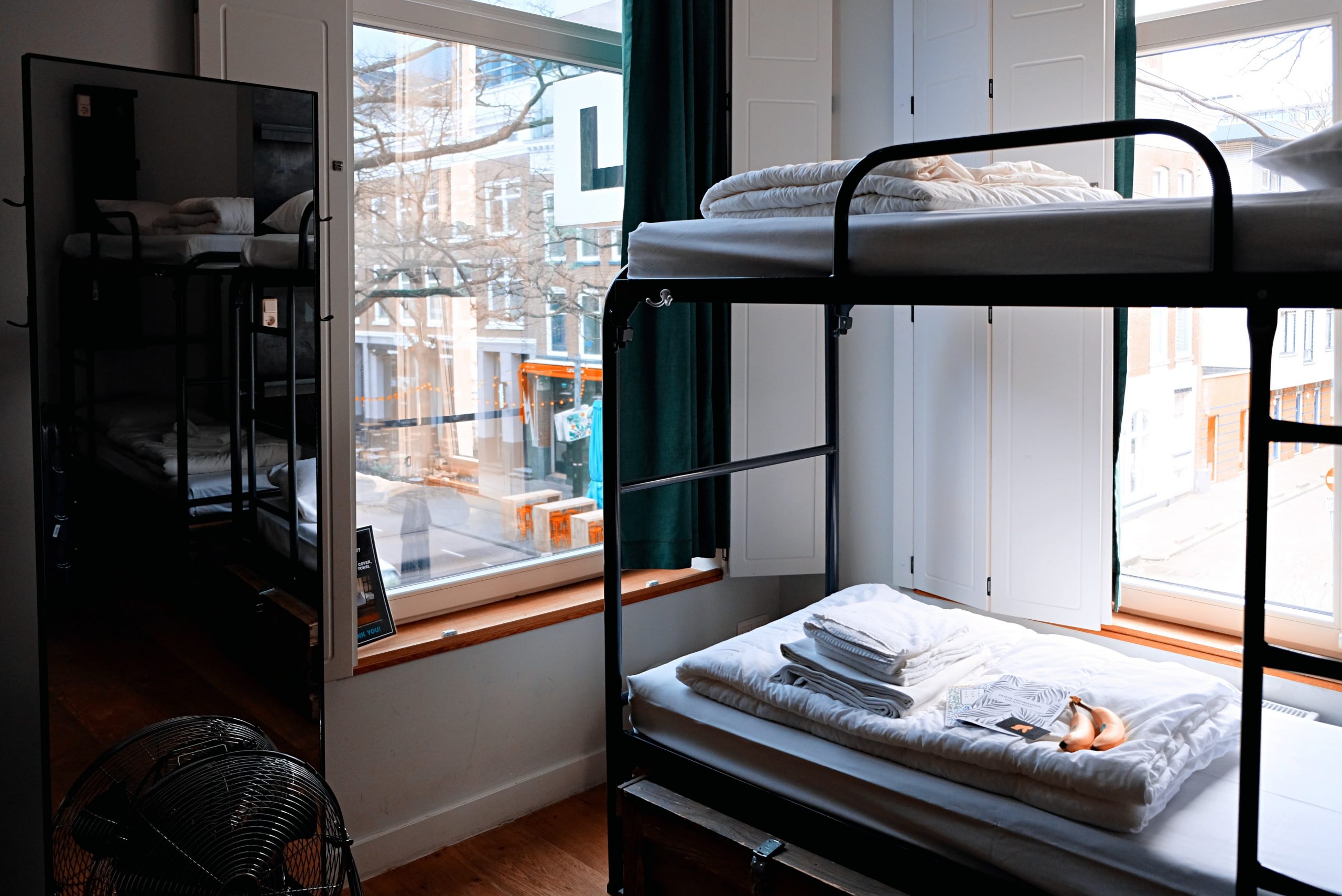Some of the most successful people have figured out that setting and reaching professional, personal or educational goals is the key to establishing what’s important in life and actually getting it.
Setting goals with teens requires them to adopt certain characteristics that will translate well in the adult world. Some of these characteristics include motivation, commitment, determination, enthusiasm, and how to deal with frustration and discouragement. Setting and reaching goals are valuable life lessons that your teen can learn when it comes to decision making and problem solving.
Here are three tips on setting goals your teen that will make it easier for them to accomplish what they want to do:
Tip #1. Be realistic and set specific, measurable goals.
Too often, a teenager’s goals are too fuzzy with not enough definable steps to really measure. For example, if your teenager’s goal is to “get better grades,” she or he may quickly lose interest or get discouraged without a clear path. A better goal for boosting grades might be, “set aside one hour each night to do homework and to review notes for each class that day.” This is a measurable, achievable goal that a teen can stick with. Visualization exercises are also beneficial in getting your teen
Tip #2. Setbacks and discouragement is part of reaching a goal.
It’s easy for teens to become discouraged quickly, especially if they hit a few roadblocks along the way. Help your teen understand that mistakes and setbacks are all part of the learning process and that it will take several attempts to reach a worthy goal. For example, your teen may set the goal of exercising regularly, but then hit the holiday season or a particularly busy stretch of the school year and miss several days or weeks. Teens can be especially critical of themselves and their failures, so help them understand that mistakes are not only normal but expected, and give them the motivation to get back on track.
Tip #3. Celebrate or re-evaluate.
Once your teen achieves a goal, spend a moment celebrating the accomplishment, whether large or small. The satisfaction of reaching a goal will be magnified with a few words of praise and recognition of the long and difficult path your teen had to take to reach the goal. Hopefully, the success your teen has in reaching one goal will help motivate him or her in future efforts. When teens fall short of the goal, help him or her re-evaluate the current course and make adjustments to behavior or practice and try again. For example, if your teen’s goal was to make first chair in the violin section of the school orchestra, but he didn’t make it, help him or her set a new goal of trying again or another similar goal.
The act of setting and reaching goals is ongoing and is a key part of transitioning from a child to an adult. While a teen’s goals may seem minor compared to those set in the adult world, the skills your teen will pick up translates well to higher education, personal relationships and career opportunities. Teens that learn to set and reach realistic goals while they learn from setbacks will have a much easier time in life as they learn to reach for the stars and catch them.











0 Comments